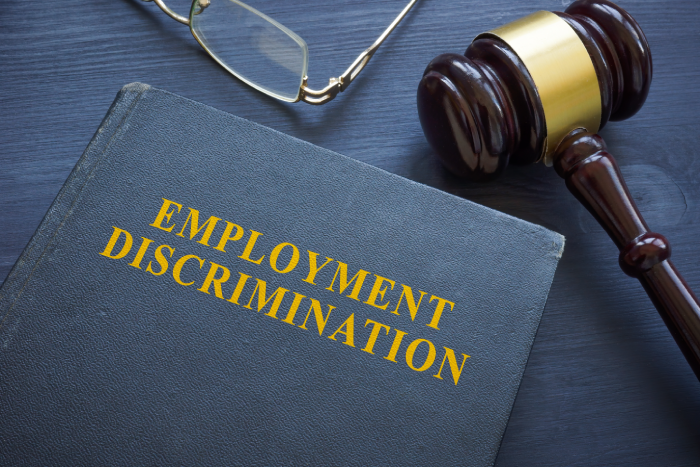The creator of the 'Pete's Tax' is in hot water. Chickie’s and Pete’s, a popular chain of sports bars based in Philadelphia, tried to impose a minimum wage for servers - and illegally collected worker's wages in a 'tip pool.' Chickie’s and Pete’s has agreed to pay $6.8 million in back wages and damages for improperly taking tips from waiters and bartenders and for violating minimum wage and overtime laws, the Labor Department announced Thursday. Chickie’s and Pete’s apparently wrote its own laws. It paid servers and bartenders a flat fee of $15.00/day regardless of what the servers or bartenders earned in tips during their shift. This means that servers and bartenders were not guaranteed a minimum wage for the hours they worked. All employees are entitled to a minimum wage. Under the Fair Labor Standards Act, tips are the property of the employee who receives them; restaurant operators can benefit by claiming a credit based on the tips towards their obligation to pay those employees the full minimum wage. If an employee’s tips combined with the employer’s direct wages do not equal the minimum wage, the employer must make up the difference during the pay period. An employer that claims a tip credit is required to pay a tipped employee only $2.13 an hour in direct wages provided that amount plus the tips received equals at least the federal minimum wage of $7.25 an hour. The federal minimum wage of $7.25 per hour was last increased in 2009 and the federal tip credit's cash wage requirement of $2.13 has not been increased since 1991. More troubling is that the chain had what it called a “Pete’s Tax”, in which the restaurant required that servers contribute a portion of their tips to an “tip pool,” or tip-sharing arrangement in which the owners retained 60% of the amount in the tip pool, despite the existence of laws clearly indicating that such an arrangement is illegal! Certain “tip pool” arrangements may be legal, however, arrangements like Chickie’s and Pete’s in which the owners of the restaurant take the majority of the earnings are not. And not to worry, Chickie’s and Pete’s did not treat its kitchen workers appropriately either – failing to pay overtime to kitchen staff when they worked more than forty hours a week. If you are an employee of a restaurant and find yourself in a situation where the tips you earn seem to be treated as anything but your own, you may want to consult with a lawyer. The restaurant business is a difficult one to survive, however, abusing employee rights should not be tolerated.










